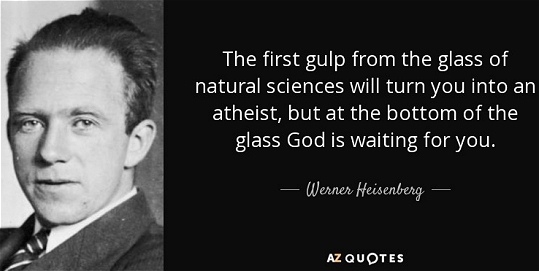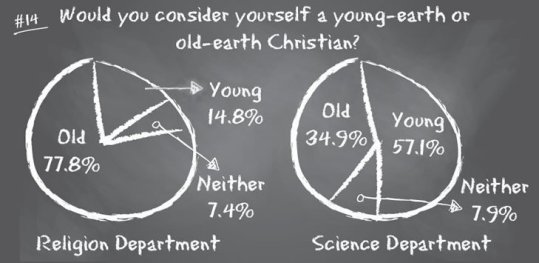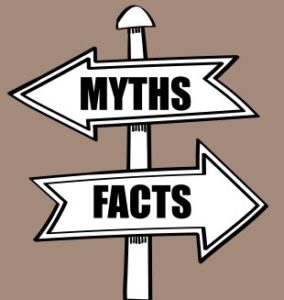
In my sophomore year at university, my roommate was Frank Wu. He was a fun, energetic guy, and we had a great time together. We remained friends throughout our time at university. I got married after my junior year, and Frank gave me and my wife an original painting, which is pictured above. It represents his artistic interpretation of my favorite passage in Scripture: Job 1:20-21. I have treasured the painting ever since he gave it to us. It hangs in my office where I can see it while I work. Now that he is an award-winning artist, it is probably worth some money, but that couldn’t possibly compare to the value it holds in my heart.
Because the book of Job contains my favorite passage in Scripture, I have probably read it more than any other book in the Bible, along with many commentaries. Imagine my surprise, then, when I came across an interpretation of the book that I had never considered. It comes from Dr. Susan Neiman, director of the Einstein Forum in Potsdam, Germany.
Dr. Neiman says this about the book of Job:
I am a philosopher who believes that Western philosophy begins not with Plato, but elsewhere, and earlier, with the Book of Job. That is because I believe that the problem of evil is the central point where philosophy begins, and threatens to stop.
The problem of evil, of course, is the apparently contradictory situation in which God is all-good and all-powerful, but there is suffering in the world. How could an all-good, all-powerful God allow that to happen? For centuries, Christians have written excellent answers to that question, so I don’t consider it a problem. See, for example, Chapter 14 in Warranted Christian Belief by Dr. Alvin Plantinga. However, it is a good question that every person who believes in an all-good, all-powerful God must consider.
Thus, I encourage you to read Dr. Neiman’s essay when you have time to consider it. I don’t agree with everything she says, especially when it comes to God’s omnipotence. However, the way she describes the roles of Job, his friends, and God is very interesting. I will spend more time considering her interpretation and perhaps write a follow-up article.









